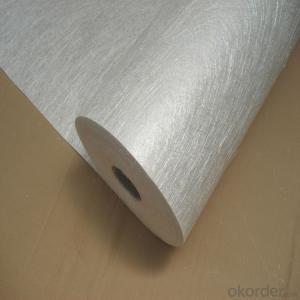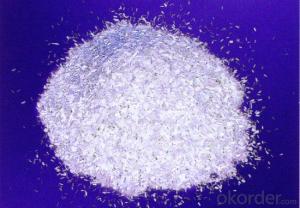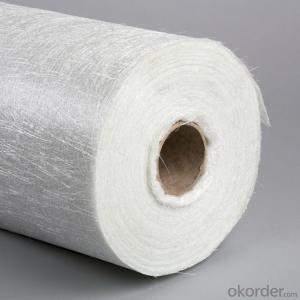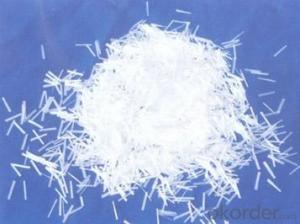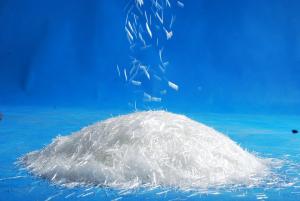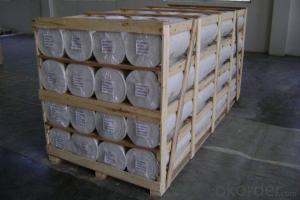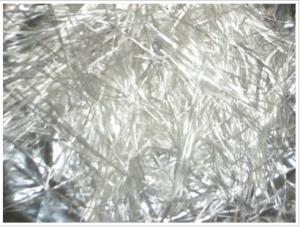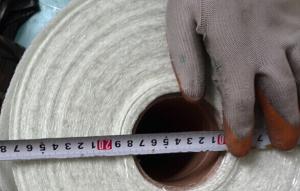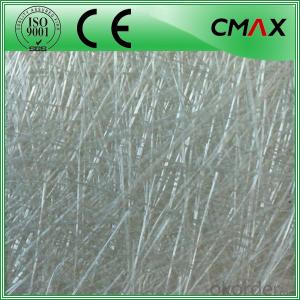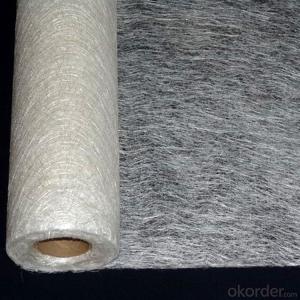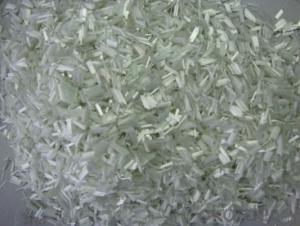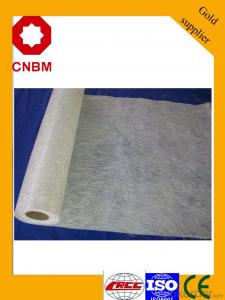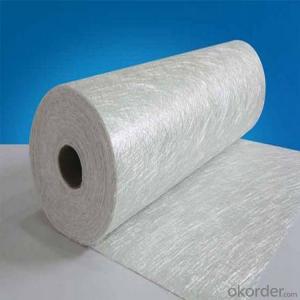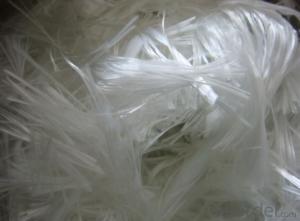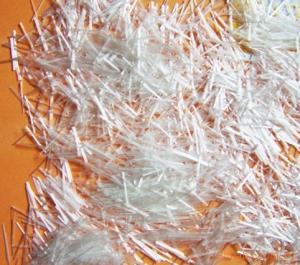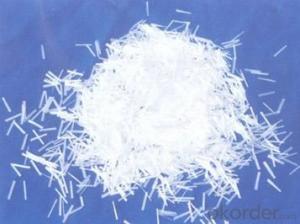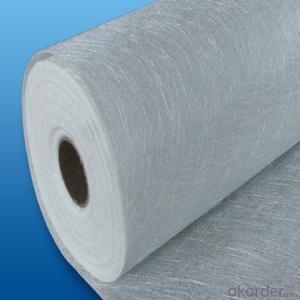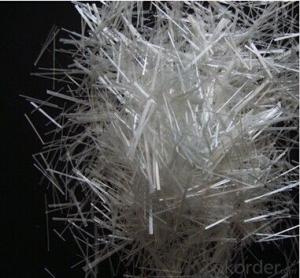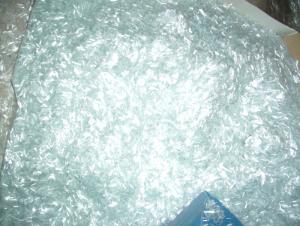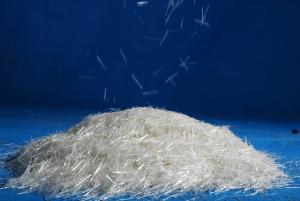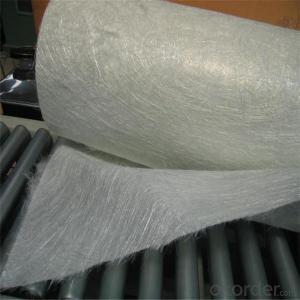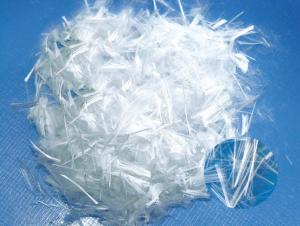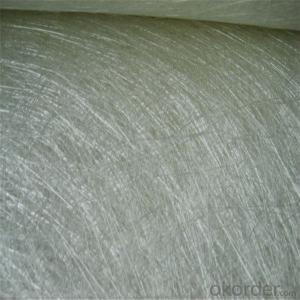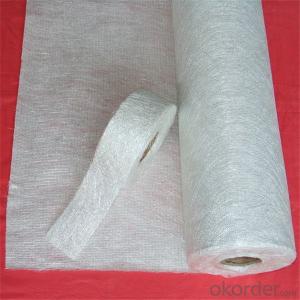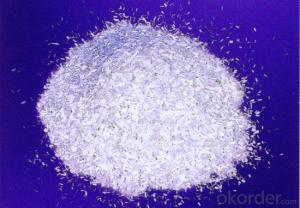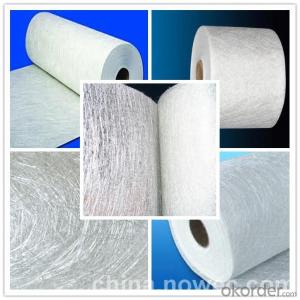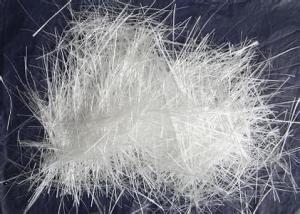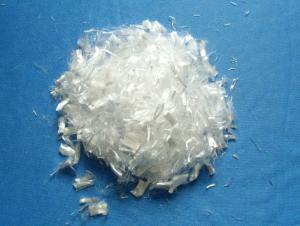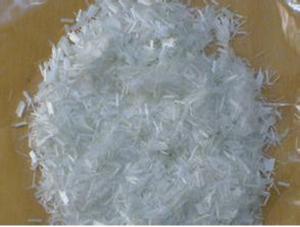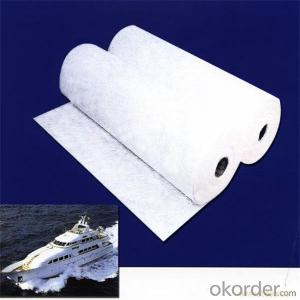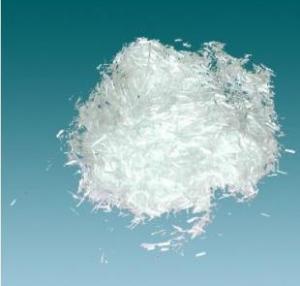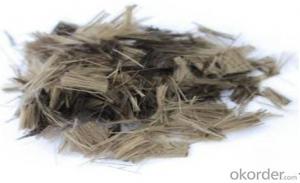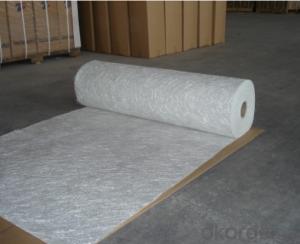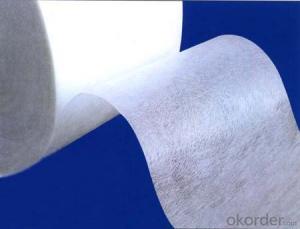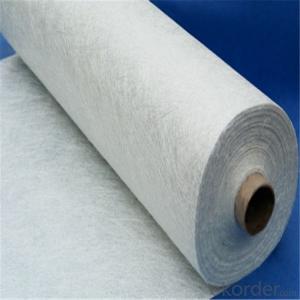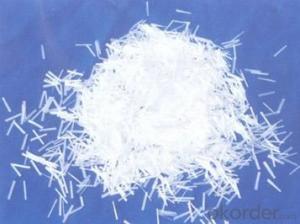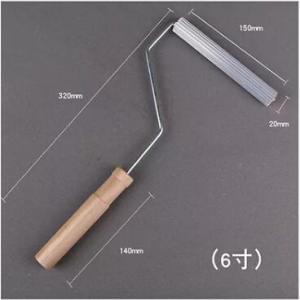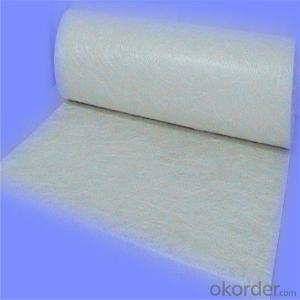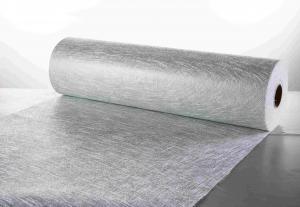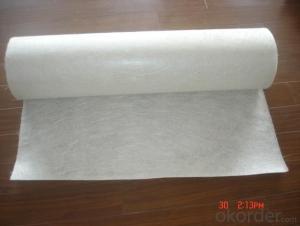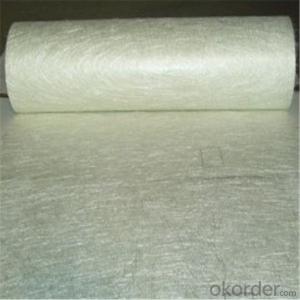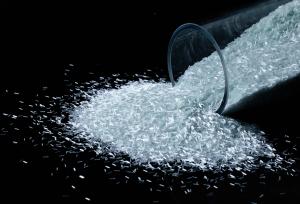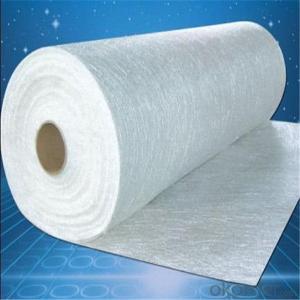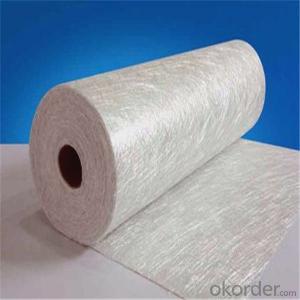Chopped Strand Fibreglass
Chopped Strand Fibreglass Related Searches
Chopped Strand Fiberglass Mat Concrete Fiberglass Chopped Strand Chopped Fiberglass Fiberglass Chopped Strand Mat Chopped Glass Fiber Chopped Strand Zccy Fiberglass Chopped Strand Mat 300G/M2 E-Glass Chopped Strand Mat Woven Fibreglass Fiberglass Strands In Skin B Grade Chopped Strand Mat Surfboard Fiberglass Repair Car Fiberglass Fiberglass Roving Fiberglass Woven Fibreglass Fabric Fiberglass Yarn Milled Glass Fiber Fiberglass Pipe Shaver Direct Roving Fiberglass Fiberglass Fabric Emulsion And Chopped Glass Bondstrand Fiberglass Pipe Fiberglass Woven Fabric Sto Fiberglass Mesh Fiberglass Patio Roof Fiberglass Drywall Frosted Plexiglass Fiberglass Thermal Insulation Fiberglass Roof PhilippinesChopped Strand Fibreglass Supplier & Manufacturer from China
Chopped Strand Fibreglass, also known as CSM, is a type of reinforcement material made from randomly cut glass fibers. These fibers are typically around 3 to 25 millimeters in length and are used to enhance the strength and durability of various composite materials. The product is widely recognized for its high tensile strength, excellent resistance to chemicals, and ability to withstand high temperatures.Chopped Strand Fibreglass finds its application in a multitude of industries, including construction, automotive, aerospace, and marine. It is commonly used in the manufacturing of reinforced plastics, such as fiberglass boats, pipes, tanks, and structural components. The product is also utilized in the production of roofing materials, insulation, and various types of molded products. Due to its versatility and strength, it has become an essential component in many manufacturing processes.
Okorder.com is a leading wholesale supplier of Chopped Strand Fibreglass, boasting a vast inventory to cater to the needs of various industries. The company prides itself on offering high-quality products at competitive prices, ensuring that customers receive the best value for their investment. With a commitment to customer satisfaction and a focus on continuous improvement, Okorder.com is the go-to source for Chopped Strand Fibreglass and other reinforcement materials.
Hot Products
